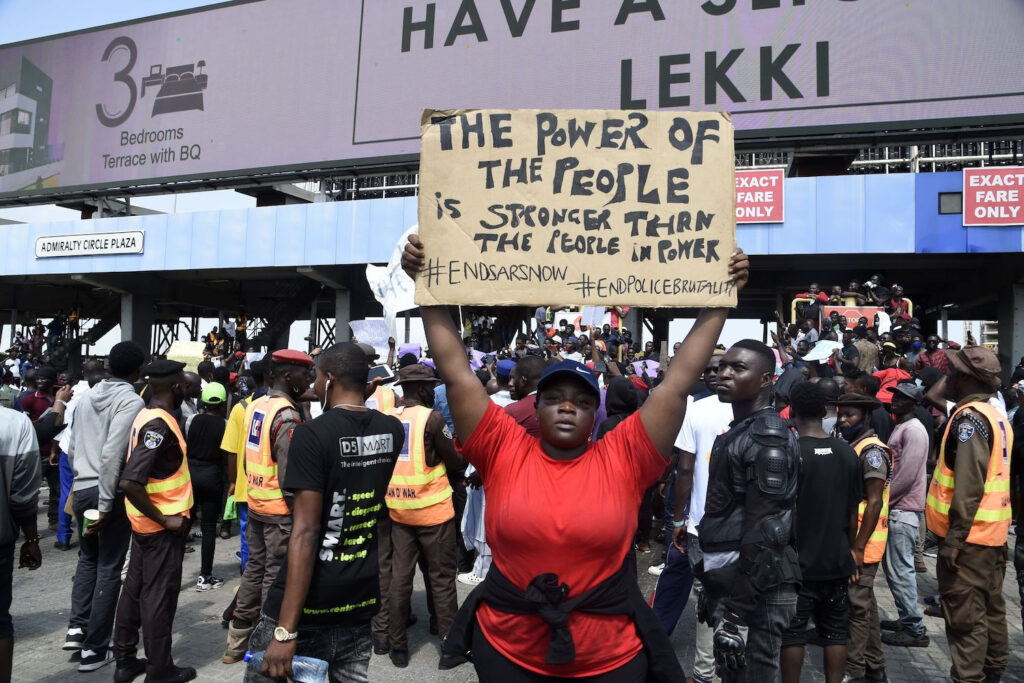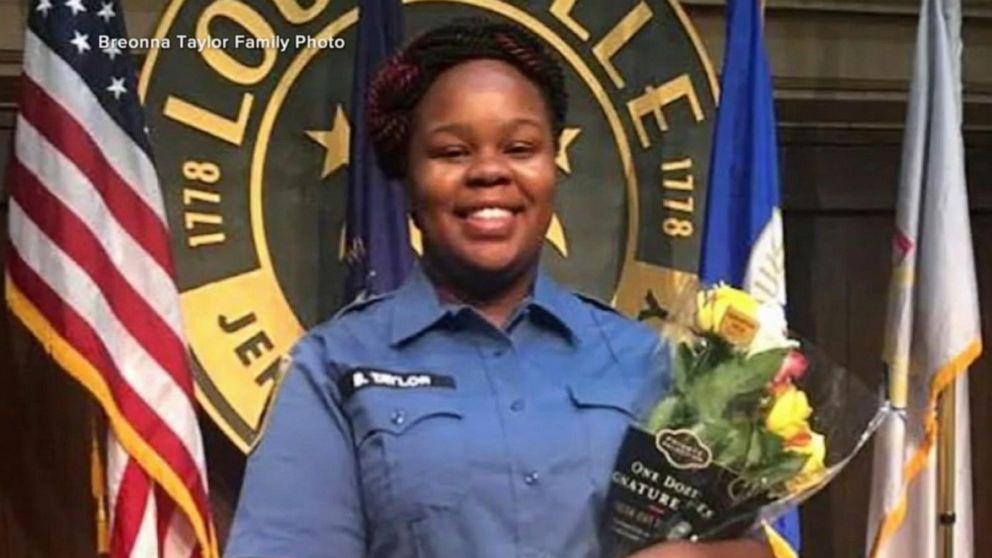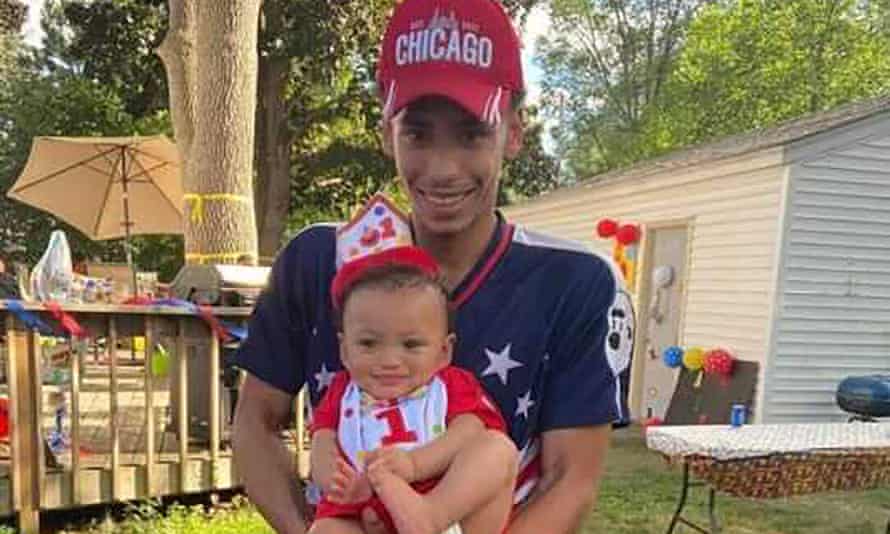In early October, a video of officers from the Nigerian Special Anti-Robbery Squad (SARS) appearing to kill a civilian surfaced online. The video quickly went viral and Nigerians began protesting the force and demanding its demobilization. Since then, the #EndSARS movement has garnered international attention. Former military dictator and current Nigerian President Muhammadu Buhari announced that the special force unit would be abolished- still, for many, that is not enough.
According to Amnesty International, there were 82 documented instances of extrajudicial killings, rape, torture, and extortion by SARS between January 2017 and May 2020. The victims of the police unit endured “mock execution, beating, punching and kicking, burning with cigarettes, waterboarding, near-asphyxiation with plastic bags, forcing detainees to assume stressful bodily positions and sexual violence.” Although torture is a criminal offense in Nigeria, no SARS officer has ever faced any convictions. Similarly, the cases and arrests of the victims are frequently overlooked.
You had names. You had dreams. You had goals. You had ambitions.
The ground holds the sands where your bodies and bones were buried.
Some rivers, dams and wells have your bloods.
The nation failed you.
Your homeland became a theater of death. #EndSARS
— #TellingTheSoriesOfSARS (@MomentsWithBren) October 16, 2020
Buhari stated that the disbandment of SARS is “only the first step” in Nigeria’s plan for police reform.
“We will also ensure that all those responsible for misconduct or wrongful acts are brought to justice,” Buhari said.
However, most protesters agree that verbal promises are not enough. Instead, they demanded complete police reform, not just the abolishment of one unit. Most officers, they claim, share similar values as the SARS’ officers, so protesters are frustrated and displeased with the government’s decision to deploy officers from SARS into other units of the force. To many, it is not a compromisable solution, or a solution at all.
We must stay United and not get distracted. We are fighting for change!! #EndSARS #EndPoliceBrutality #ReformTheNigeriaPolice pic.twitter.com/Ih7UjZtJCj
— #EndSars (@IamDrSID) October 16, 2020
“Protesters are still being shot and killed and the government is talking about ending SARS. The protest has moved from ending SARS to ending police brutality in general. The government, which claims to have banned SARS, are still killing protesters. This is a fluke,” protester Okoye Paul said.
The thing with #EndSARS is that it’s not just going to #EndSARS. A lot of this will bring reforms, and end many things too! #EndSARS
— ‘Tunde Omotoye (@TundeTASH) October 16, 2020
As protesters continued to be attacked by police with tear gas, water cannons, and live ammunition in the capital of Abuja, the #EndSARS made its way to Twitter to inform other communities of the injustices occurring in Nigeria. Celebrities Viola Davis, P Diddy, and Trey Songz tweeted the hashtag in support.
Their participation and willingness to use their platform redefined the image of #EndSARS from a Nigerian issue to a global one. Now, following months of social unrest and police brutality in the United States, we are again reminded that the pillars of #BlackLivesMatter is not limited to one single country.






